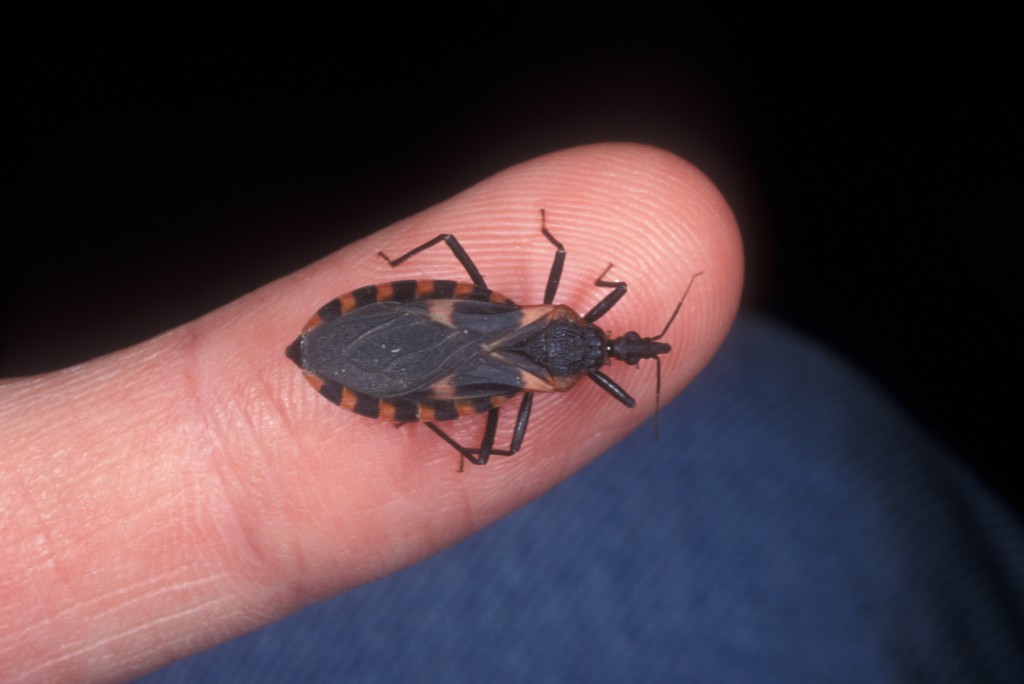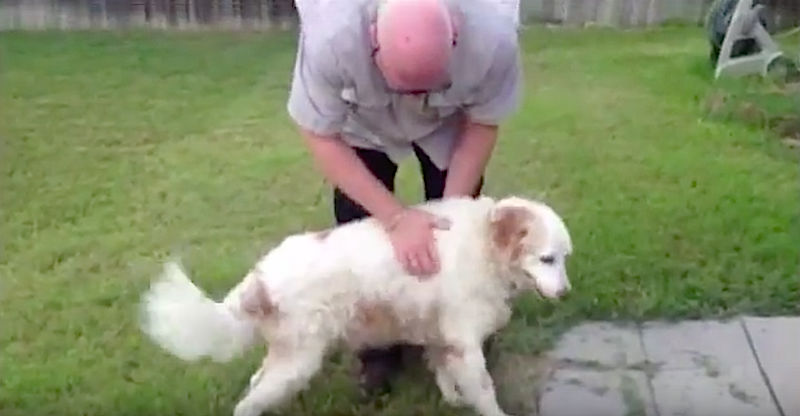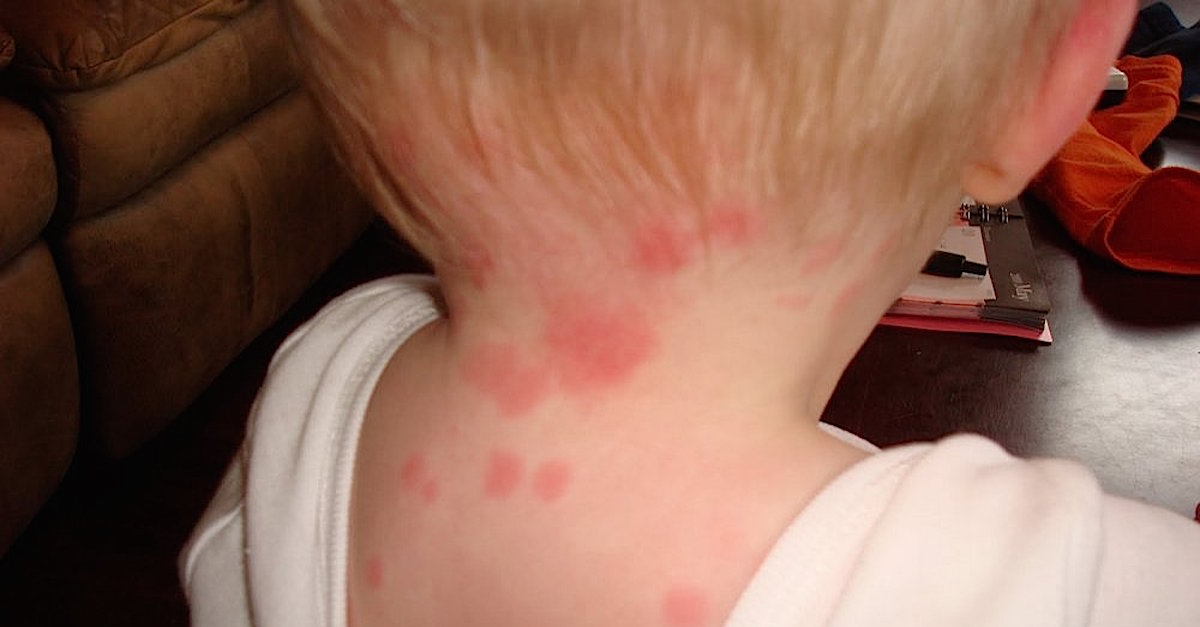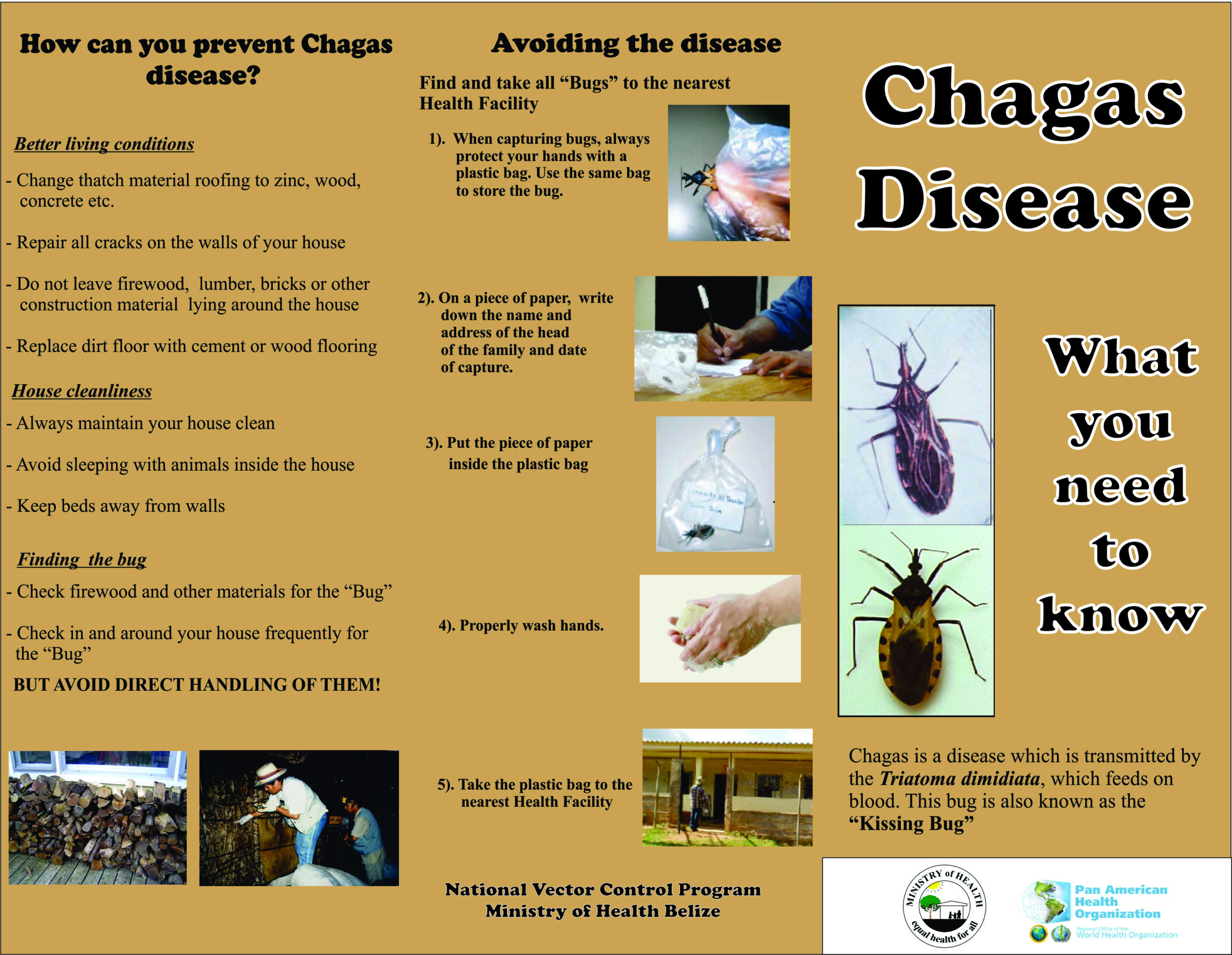Did you know? Hundreds of dogs have died from something called Chagas Disease, and there are many cases that have yet to be diagnosed and reported. In Texas alone, it's estimated that the insects that transmit the awful disease are infected at a rate of 17 to 48 percent.
Chagas Disease is a very serious illness caused by a parasite known as Trypanosoma cruzi, or the "kissing bug." Animals that live in South and Central America are particularly at risk of contracting Chagas, though we've started to see more cases in the southern United States. Since Chagas Disease is relatively new to the U.S. — and its initial symptoms can mimic those of other infections — it's not uncommon for veterinarians to initially misdiagnose the disease. The telltale sign, however, is heart failure, inflammation of the heart, and/or other heart problems.
Read on so that you and your family can be prepared, should you ever see one of these strange-looking bugs in person…

In 2014, a slew of dogs in Texas were falling over and dying, seemingly without reason. Veterinarians were stunned to discover it was Chagas Disease, caused by a parasite known as the "kissing bug." The disease has been a major human health issue in Central and South America, but has begun to pop up in the southern United States — threatening the canine population.
After being bitten by a kissing bug in Texas, Kiska was nearly on her deathbed; her heart was giving out. Since there is no cure, Kiska now lives with a pacemaker.


Kissing bugs like to feed at night. Buddy and his dad learned this firsthand when, during an evening walk, Buddy suddenly collapsed. Tests revealed Buddy had contracted Chagas Disease. Dogs can be infected either by eating the bug or when the bug bites and passes fecal matter into the wound.

Kissing bugs are also known to bite humans, but Chagas Disease cannot be passed from dogs to humans. Young children or people with weakened immune systems are most at risk. Shortly after being bitten, acute symptoms of Chagas Disease may be swelling and/or redness at the skin infection site, rash, swollen lymph nodes, fever and nausea.
If you live in an area prone to kissing bugs and notice your pet exhibiting these signs (or any strange behavior), schedule an appointment with your veterinarian as quickly as possible.

This is something everyone should see, pet owner or not… so please SHARE it with your friends on Facebook!




